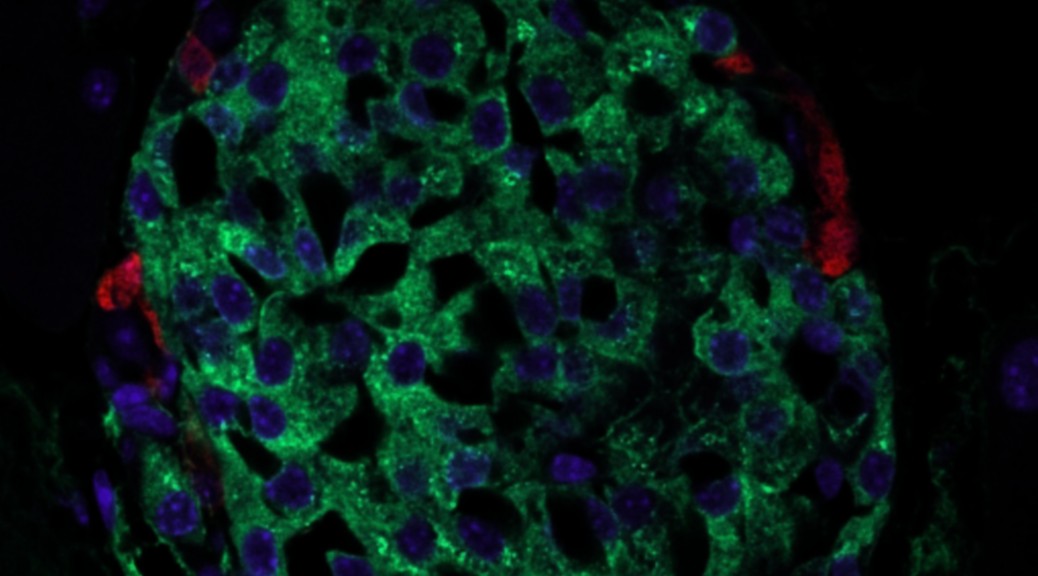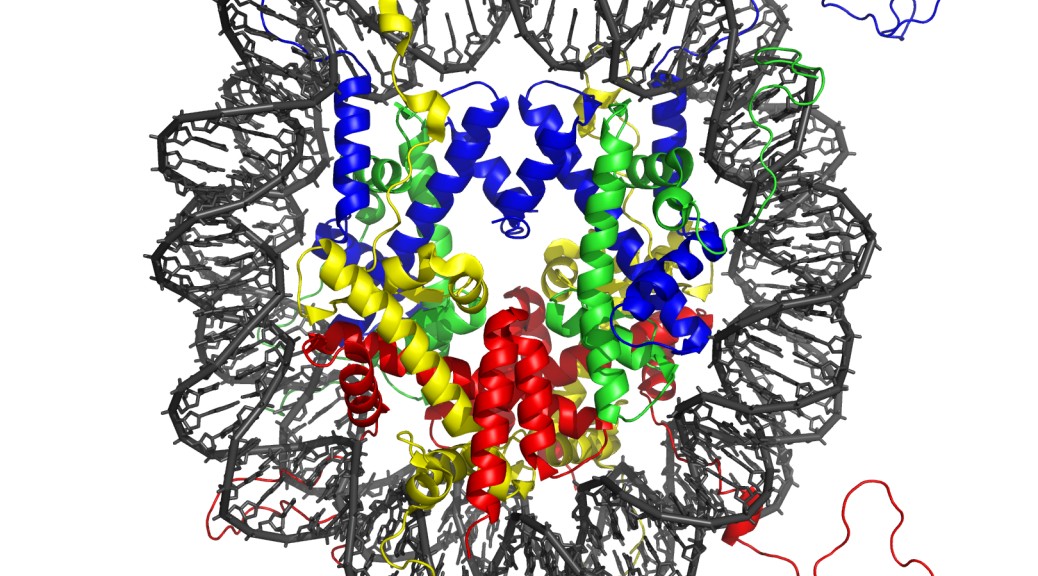Here are the scientific news as seen during our February meeting (pdf file)
Category Archives: Longevity News
Various current science news pertaining to life extension.
Metformin, Zuckerberg and British citizens on the road to longevity
On December 2nd, the US Food and Drug Administration authorized a five-year test of Metformin on 3,000 people aged 60 and older. Metformin already allows a dramatic lengthening of life for diabetic patients. The objective of this revolutionary research is to check whether aging in “ordinary” elderly citizens is slowed down with this product (like it is in mice). In other words, the goal is to treat aging as a disease.
The day before, on December 1st, Mark Zuckerberg, celebrating the birth of his daughter, decided to devote most of his fortune, or 43 billion dollars to create (with his wife) a non-profit company. One of the objectives of the company will be to fight against the diseases that remain today. In a letter to his daughter and his few (million) Facebook friends, he writes: “Today we spend about 50 times more as a society treating people who are sick than we invest in research so you won’t get sick in the first place. (…) Can our generation cure disease so you live much longer and healthier lives? ”
Mark, you’re not alone. According to a survey, 87% of the readers of the British newspaper Daily Telegraph would choose to “take an anti-aging pill in order to live until 120” if they could. Among the 20,000 respondents, 87% were technoprogressives and no more than 13% were bioconservatives..
We are changing the medical paradigm. Old age (but not old people, we insist) sucks, but now we can do something about it! This current (r)evolution is the one we wish for as longevists. But diseases due to old-age are something not to fight only in a few promising places in the US. We invite public authorities and private companies to do the same everywhere in the world. Intense public research will enable faster development, which will guarantee more accessibility and sharing of medical information for the benefit of new therapies for all. New private companies can accelerate the pace of discoveries. Thousands of scientists and billions of citizens would benefit from a new political will to ensure that all, beginning with the poorest, can enjoy a much longer and much healthier life. It is time to act.
The international Longevity Alliance
For more information
Sources of information, see among other things:
Possible mechanism for beta-cell loss in type 2 diabetes discovered
Possible mechanism for beta-cell loss in type 2 diabetes discovered
Type 2 diabetes is a typical age-related disease that starts with impaired insulin sensitivity and eventually leads to the loss of beta-cells in the pancreas that produce insulin. High concentrations of glucose have been shown to inhibit the enzyme glucose 6-phosphate dehydrogenase (G6PD). G6PD is an important source of NADPH, a strong reductant that is needed in several antioxidant protection mechanisms. The inhibition of G6PD by glucose causes a decrease in the production of NADPH resulting in a decreased ability of the antioxidant protection mechanisms to perform their job thereby causing a rise in reactive oxygen species (ROS). Beta-cells are very sensitive to ROS. The ROS production caused by the inhibition of G6PD results in the death (by apoptosis) of the insulin producing beta-cells. This results in a lower insulin production which adds to the severity of the original problem (insulin resistance).
Zhang et al. High glucose inhibits glucose-6-phosphate dehydrogenase, leading to increased oxidative stress and beta-cell apoptosis. FASEB J, 2010, 24(5): 1497-1505.
Acetylation and memory
Acetylation and memory
The capacity to remember things decreases with aging. A new study showed that older mice exhibited a erroneous acetylation pattern of histone H4 lysine 12 and therefore failed to activate a genetic program in the hypocampus needed to consolidate memories. When 3 month old mice underwent fear conditioning, the expression of 2229 genes changed while only 6 genes had a different expression in 16 moth old mice. Moreover, from the 2229 genes that were expressed differently in young mice, 1539 are specifically linked to associative learning. Previous studies had already indicated that acetylation is important in the formation of long-term memories. Repairing the acetylation program by adding the histon deacetylase inhibitor suberoylanilide hydroxamic acid (SAHA) increased the expression of learning associated genes and restored the cognitive abilities of the old mice.
Peleg et al. Altered Histone Acetylation Is Associated with Age-Dependent Memory Impairment in Mice. Science, 2010, 328(5979): 753-756.
The overpopulation myth
The overpopulation myth
The first ever study on the demographical effects of life extension has been conducted [1]. The paper investigates 5 different scenarios ranging from negligible senescence after age 60 to continuous rejuvenation. Even the most radical scenario only resulted in a 22% increase in population size over a 100 year period. Another, for most people totally unexpected result, was the finding that even a population of immortal persons with less than two children per family resulted in a finite population growth and the final population is only 1/ 1 – r time larger than the original population. However, I had already noticed in 2008 that population growth is limited (see green and red graph) [2].
[1] Gavrilov L. A., and Gavrilova N. S. Demographic Consequences of Defeating Aging. Rejuvenation Research, 2010 [Epub ahead of print].
[2] http://nl.netlog.com/RBX_S123/blog/blogid=81245373#blog [Dutch]
Telomere shortening causes mitochondrial dysfunction
Telomere shortening causes mitochondrial dysfunction
In a new paper DePinho and colleagues investigate the effect of telomere shortening on mitochondrial function. When telomeres get shorter the tumor-suppressor p53 gets activated. In fast dividing cells (e.g. stem cells) this leads to cell cycle arrest and thus stem cell depletion. However, until now the effect of telomere shortening on post-mitotic cells was neglected. In this new study it is shown that telomere shortening in post-mitotic cells inhibits the transcription of PGC-1alpha and PGC-1beta, two master regulators of gene expression of mitochondrial proteins. This leads to mitochondrial dysfunction as evidenced by reduced mitochondrial DNA content and density, reduced oxygen consumption during state III respiration, decreased ATP synthesis, and increased ROS levels. The mice with short telomeres also exhibited heart problems such as age-progressive dilated cardiomyopathy with left ventricular wall thinning, increased left ventricular diameter, and reduced fractional shortening.
Sahin et al. Telomere dysfunction induces metabolic and mitochondrial compromise. Nature, 2011 [e-pub before print].






